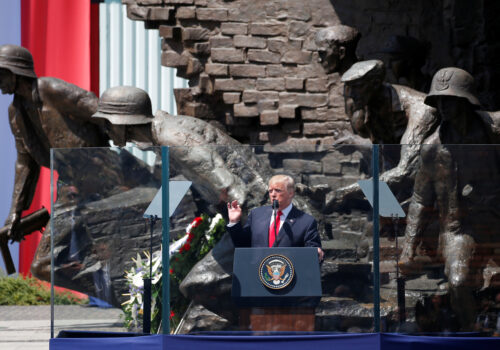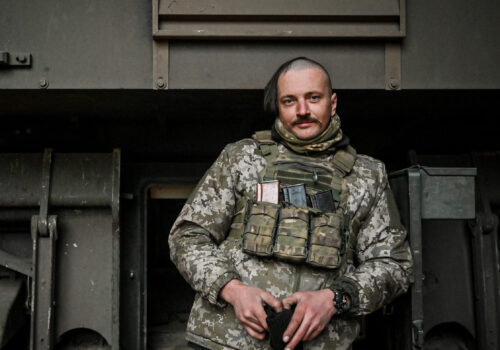Russia suffered its greatest humiliation since its forces retreated from Kyiv in the spring. On September 11, Russian retreated from Kharkiv Oblast in the north and Ukrainian forces retook key logistical and rail hubs in Ukraine’s northeast. Moscow responded with a number of missile strikes targeting critical infrastructure in Kharkiv, depriving Ukrainians of heat, water, and power. Ukraine remains undeterred and on the march. If Ukraine can hold its gains, the counteroffensive represents a serious blow to Moscow’s war effort and demonstrates the professionalism and capability of Ukrainian forces. Some Russian forces have deserted and morale remains a serious challenge.
President Zelenskyy has said that he wants the war to be over by Christmas. Is that a realistic target? What more weapons and assistance does Kyiv need to regain all the territory Ukraine lost since Moscow’s February 24 offensive and to push the remaining Russian soldiers entirely out of Donbas? What does Ukraine’s increasingly successful counteroffensive mean for Russia and Putin’s longevity as president?
Ambassador John Herbst, senior director of the Atlantic Council’s Eurasia Center, moderates a discussion with General (Ret.) Wes Clark, former Supreme Allied Commander Europe, the Honorable Jim Costa (D-CA), US Representative and member of the House Foreign Affairs Committee, Illia Ponomarenko, defense reporter at the Kyiv Independent, Dr. Hanna Shelest, director of security programs at the Foreign Policy Council “Ukrainian Prism” and editor-in-chief at Ukraine Analytica, and Andriy Zagorodnyuk, distinguished fellow at the Eurasia Center, on the latest military developments in Ukraine.
This event will not feature an in-person audience. You will be able to join via desktop or mobile app, through your web browser, or by phone. To join the question and answer period, you must join by app or web.
Register below for details on joining the virtual audience.
Follow us on social media
and support our work
issue spotlight

Europe in crisis
War in Ukraine
Experts from across the Atlantic Council are assessing the consequences of Russia’s February 2022 invasion, including what it means for Ukraine’s sovereignty, Europe’s security, and the United States’ leadership.


